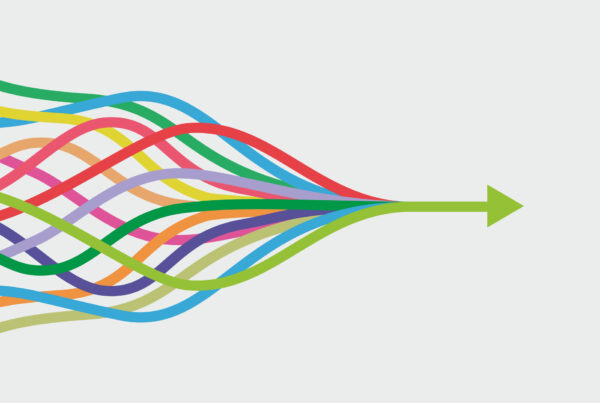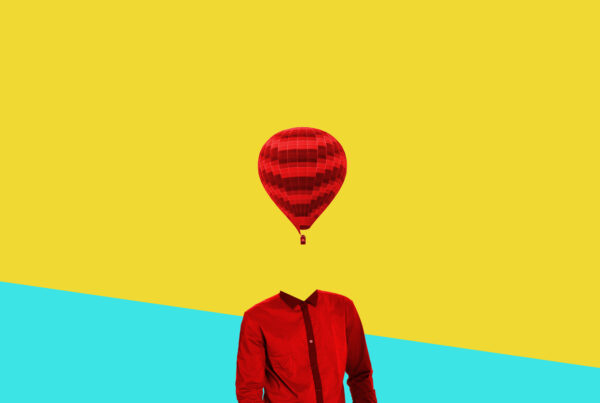From 2007 to 2010 I read books. Some old books, some new books, but mostly written sometime in the middle. My favourites were the adventure ones where a protagonist learns lots on a grand route; Swift, Verne, Voltaire, Haggard, Twain, Johnson and Kipling all went down well.
Like the characters, I learned lots. But books, I felt, provided an intermediary between experience and reader. To read more was to learn more, but to do so at distance. So I put them down and began my own adventure.
Just one month in I acquired a book. A spritely gentleman named Paul furnished me – on the eve of my border crossing from India – with a comfortingly-battered Nepal Lonely Planet. I needed it. The mere three sentences which hinted at a potential route across the border were enough to settle nerves.
The Lonely Planet, like other books I was trying to graduate from, provides an intermediary between experiences and its readers, between destination and traveller. In fact, their detail and accuracy is such that by reading one you barely need to travel at all.
But I still was travelling. I still was making my own discoveries. I just found this book intermediary rather helpful.
7 weeks in I picked up my first piece of fiction. Pilgrim’s bookshop in Kathmandu, with its collection to rival even the best on offer at home, had tempted me into buying 1984.
I hadn’t read Orwell’s masterpiece before, but travelling through the fascinatingly disparate metropoles of Kathmandu, Mumbai, Singapore and Kuala Lumpar seemed like a great time to do so. Oceania (Orwell’s city) isn’t any of these places, but i nonetheless drew frequent comparison between what i read and what i saw. In fact, the two experiences, travel and reading – invariably combined in a bus ride – seemed to complement each other well.
I swapped Orwell for Verne’s 20,000 Leagues Under The Sea. M. Annorax makes his trip around the watery world blind in the hands of the enigma who is Captain Nemo.”That’s a great travel book” agreed another guest in my hostel at the time. Why? There’s adventure, there’s trial and there’s a great relief when the protagonists return home.
Verne I swapped for Hawthorne’s The Scarlet Letter, but instead of starting that I found another book I had been recommended. This was a different kind of book, a travel book, Paul Theroux’s ‘The Night Train To Mumbai’; a bootleg photocopy edition with grubby print.
By this point I had begun travelling through Cambodia. It is not an easy experience, both in travel difficulty but more importantly in exposure to great sadness. This time, my Lonely Planet offers threadbare information. Theroux, however, came to this country just a few years back. He writes about dusty, African-looking roads. I look up from my book and see just these roads out of my bus window. Travel and books, in my mind so opposite, are here combined.
Moreover, Theroux himself discusses the troubling emotions Cambodia brings, and seems content in books as solution. He describes history books that inform him, guide books that direct him and fiction which soothes.
I’m sure many would agree that there is no better seat on which to finish a book than on a bus, train or plane. There isn’t. At the least, you’ll escape boredom, at best you will reveal something enlightening about your destination.
To put down books and pick up a plane ticket was, for me, a deeply rewarding experience. But I am delighted to find that picking up the books again in combination with my journey has provided an experience of even greater worth.




